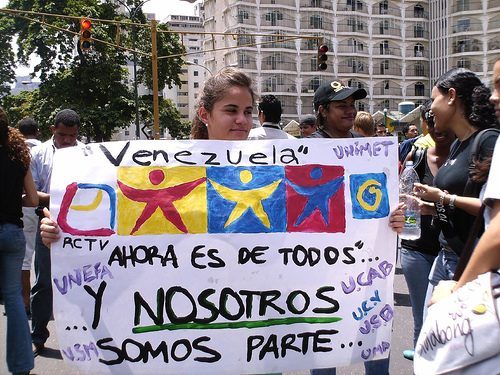 Social justice consists of a set of policies that have the mission of solving situations in which inequality and exclusion arise among the social group of a given place. The mission is that through them the state is present by presenting services that help them to be people to overcome or get out of a situation of social vulnerability.
Social justice consists of a set of policies that have the mission of solving situations in which inequality and exclusion arise among the social group of a given place. The mission is that through them the state is present by presenting services that help them to be people to overcome or get out of a situation of social vulnerability.
Each nation has statistical tools that allow it to know the sensitive areas affected by the lack of social justice, therefore, the aforementioned assistance efforts should be directed there to effectively solve the problem. In the first instance, the affected people may be offered a subsidy but we must emphasize that the ideal is to accompany this policy with another that involves the development of jobs that also ensure the dignity and freedom of the individual.
Protest as a mechanism of social struggle
The most widespread way in the world when it comes to making social justice effective when the state does not take care as it should guarantee and promote it is popular protest, usually in the streets and in those public spaces from which no response is obtained. .
Origin of the concept
The concept of Social Justice is a concept that emerged in the mid-nineteenth century as a consequence of the need to achieve an equitable distribution of social goods, because in a society in which social justice prevails, the human rights of the individuals who inhabit in it they will be respected and the most vulnerable social classes will have development opportunities.
Social justice consists of commitment on the part of the State to compensate the inequalities that arise in the market and in other mechanisms of society. The pertinent authorities are the ones that should guarantee some issues and promote some conditions so that this scenario in which social justice prevails is a fact and that, for example, all citizens have the same opportunity to develop economically, that is, there are not few billionaires and many, many poor people.
Because if, for example, 30% of society receives earnings of 400 thousand pesos per month and the remaining 70%, on the contrary, and only $ 1,200 per month, then in this case there will be no social justice.
Meanwhile, the various currents of thought propose different alternatives when facing this problem of social justice.
The proposals of liberalism and socialism are opposed in the solution
The Liberalism argues that social justice will be possible if opportunities are created and private initiatives are protected. For his part, the Socialism and most of the left wing proposals propose state intervention to achieve social justice. As can be seen, both proposals are absolutely contradictory and contradictory.
In short, more proposals less, the truth and concrete is that those countries that provide an excellent quality of life to their citizens are those that promote social justice and of course achieve it, and we must also say that social justice does not imply get more and more from the rich to give to the poor, who has less, but the emphasis must be on the redistribution of wealth, which is absolutely equitable to avoid pulling, for example, between two social sectors. Inequality and inequity will always promote violence and social confrontations between those who have more and do not want to lose it and those who have less and want to achieve more.
International Day of Social Justice
Many international organizations and NGOs are especially concerned with the issue of social justice, so boycotted by the way in many parts of the world, even the United Nations has decided to establish an international day of Social Justice, which is February 20, each year, the date on which it is sought to raise awareness at a global level on this issue, promoting actions aimed at increasing human dignity, employment, equality and well-being and development in every sense.









